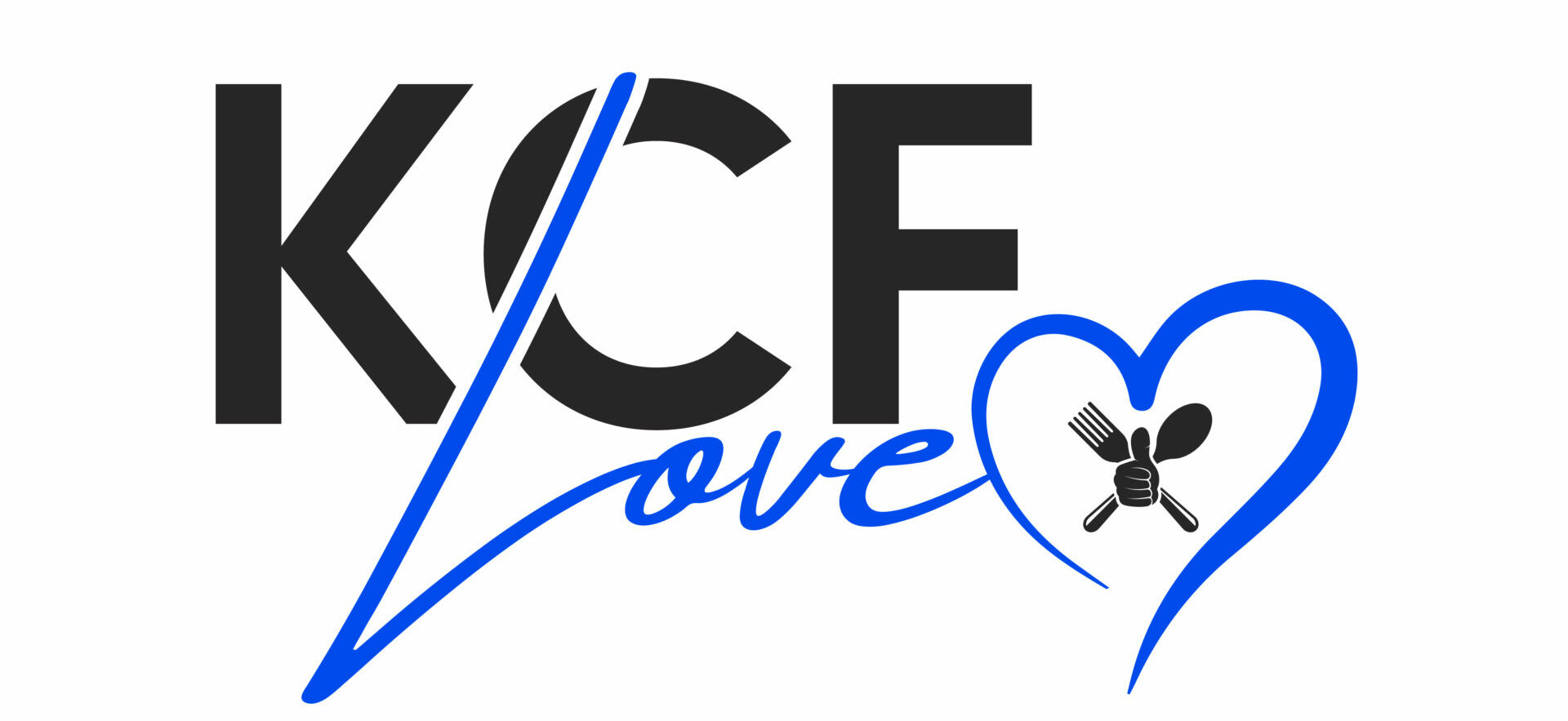Back in 2020, the most Googled diet term on the Internet was “keto.” A survey by the International Food Information Council found that 23 million Americans, about 7 percent of the population, followed a keto diet for at least part of the year.
Thank you for reading this post, don't forget to subscribe!
Some links may be sponsored and help generate operating funds for this website.
Nothing on this site is intended as medical advice. Work with healthcare professionals for optimal health.
In 2023, the use of “keto” as a search term had dropped by 87%. Why should this be?
We don’t know for sure, but we think it probably has to do with the enormous popularity of appetite inhibitors like Ozempic, Wegovy, Byetta, Trulicity, Victoza, and Ro. In 2023, about 6 million Americans got a prescription for one of these drugs.
Most of the people who go on semaglutide (or related medications like exenatide, dulaglutide, and liraglutide) let the drug do the work of dieting for them.
Well, they do for a while.
There are two major problems with these medications.
One is that they are really expensive. Health insurance covers them for diabetics, but they can cost over $1500 a month when they are not covered by insurance.
The other is that they have side effects.
You can get nausea, diarrhea, heartburn, gas, and intense abdominal pain when you go on one of these appetite suppressants. And if you are diabetic, you can get a really bad flare-up of diabetic retinopathy. You can literally go blind.
Keto dieting doesn’t have all of these side effects. And there are ways to make sticking to your keto diet easier with natural appetite suppressants you can get without a prescription.
ECGC
EGCG is an acronym for epigallocatechin-3-gallate. It’s the antioxidant found most abundantly in green tea. There is also some EGCG in black tea.
EGCG triggers the release of a hormone called cholecystokinin, also known as CCK. This is the same hormone your small intestine makes when you eat a bowl of oatmeal.
CCK makes you feel full. It slows down the passage of food through your digestive tract so you feel satisfied longer. It also affects the production of dopamine in your brain so the food you do eat feels more rewarding.
Both EGCG supplements before a meal and tea with a meal reduce your appetite.
Apple Cider Vinegar
Apple cider vinegar slows down the rate at which food passes through your digestive tract. Like the EGCG in tea, apple cider vinegar also helps you feel full. When you do eat a carbohydrate food, it lowers the effective glycemic index of the food, by making it harder to release sugars.
Some nutrition experts claim that drinking a shot glass of apple cider vinegar, taking an apple cider vinegar capsule, or eating a salad with an apple cider vinaigrette can reduce cravings enough to eliminate 200 to 300 calories a day from your diet. This translates to about another pound every 10 days to three weeks.
Cinnamon
Cinnamon imitates insulin, but in a good way.
Cinnamon contains an antioxidant known as methylhydroxychalcone. This chemical activates a part of your brain known as the ventral tegmental area.
Insulin release after a meal activates the ventral tegmental area to tell your brain that you are full. Of course, insulin also does a lot of other things, like keeping fat locked inside fat cells even if you exercise. Cinnamon reduces appetite without the fat storage side effects of insulin.
Cinnamon isn’t just for desserts and cereals. It is also an essential ingredient in curry. If you don’t want to get your cinnamon with food, you can take it in supplement capsules.
MCT Oil
Most serious keto dieters know about MCT oil.
This product is made from medium-chain triglycerides. These are small fat molecules that get into your system easily—they don’t have to “hitch a ride” on protein to circulate in your bloodstream— and are readily burned as fuel.
What most serious keto dieters don’t know about MCT oil is that when you take it is as important as how much you take.
Consuming 10 grams (that’s about ⅔ of a tablespoon) of MCT oil an hour before a meal reduced consumption at an all-you-can-eat buffet by 300 calories, in one study reported in The European Journal of Clinical Nutrition. But taking 20 grams three hours before a meal had no effect on appetite at all.
If you use MCT oil, or a similar product like coconut oil, take it about an hour before your next meal.
All of these interventions are inexpensive, free of side effects, and modestly effective. They won’t melt your pounds away. Your own efforts will do that. But they help you keep your appetite under control so you can stick to your keto diet resolutions.
About Robert Rister
Robert Rister is the author of the bestselling guide to nutritonal supplements that work, Healing without Medication, and former science director of one of the world’s largest nutritional supplements manufacturers.

